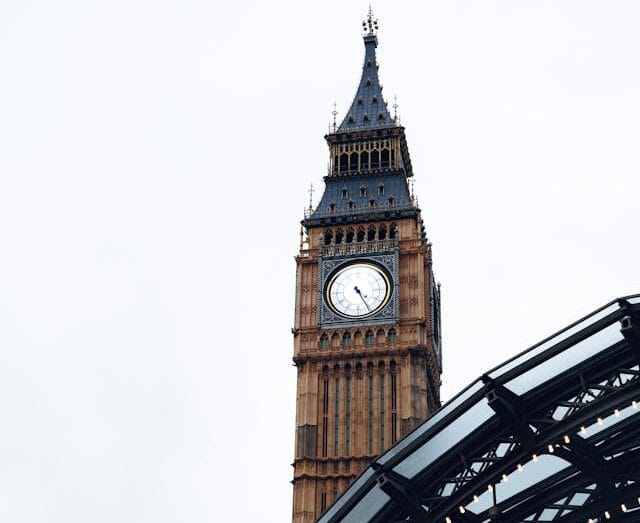Public left to fend for themselves as CCRC highlights systemic failings in access to representation
The Criminal Cases Review Commission (CCRC) has sounded the alarm over a sharp fall in legal support for those seeking to overturn wrongful convictions—warning the justice system is facing a mounting crisis.
In its latest annual report, the UK’s miscarriages of justice watchdog revealed that just 7.8% of people applying for case reviews had legal assistance in the past year, a drastic drop from a long-standing average of 30%. The report calls the figure “a concern” and warns that unrepresented applicants are more likely to submit ineligible or poorly structured claims, further straining an already stretched system.
Dame Vera Baird, the CCRC’s newly appointed chair, said the situation threatens to undermine the body’s core mission: correcting wrongful convictions. “The unjustly convicted, the wrongly sentenced, and the public deserve no less than a system that delivers fairness,” she stated in her foreword. Baird, who took up the role in mid-July, vowed to drive improvements after a turbulent year for the commission.
The 2024–2025 data paints a picture of institutional stress. Of the 1,541 applications received by the CCRC, just 31 were referred back to the courts—a modest 5.4% drop from the previous year. Encouragingly, 18 of the 27 cases heard were upheld, suggesting that when cases do reach court, many are indeed miscarriages of justice.
Embed from Getty ImagesBut the journey to that point is increasingly perilous for applicants lacking legal support. The report highlights how solicitors and barristers can dramatically improve outcomes by organising materials, refining legal arguments, and communicating effectively with the CCRC.
Without that help, said the commission, applicants often submit unfocused or ineligible claims, delaying justice for genuine victims. The CCRC warned it is “particularly concerned” about those applicants whose cases it refers to the Crown Court, as many still lack professional representation even at that stage.
In a bid to plug the gap, the commission has entered talks with the Public Defender Service, seeking to ensure legal expertise is made available to vulnerable applicants at the referral stage. But it admits that for now, access remains highly unequal.
Outgoing chief executive Karen Kneller, who resigned earlier this month after facing criticism from the House of Commons Justice Committee, said in the report that the past year had been “very difficult and challenging.” The committee had deemed her continued leadership “untenable,” citing management concerns.
Kneller’s departure comes amid internal reviews and a drive for reform. Despite its internal struggles, the CCRC says this was the fourth highest application rate in its 27-year history, and the second highest in the past decade—proof, it argues, of growing public reliance on its work.
The decline in legal representation, however, casts a long shadow over its ability to function effectively. “Good-quality legal representation helps applicants navigate the system, increases success rates, and reduces delays,” the report states plainly. Without it, the very concept of justice may be slipping further out of reach for those who need it most.
